Future Now
The IFTF Blog
Our Plastic Century
I’ve been swimming in some murky waters lately (and that doesn’t include the Gulf of Mexico). While conducting research on plastic pollution over the past year, I’ve been inundated with images and information about the impact of plastic on our oceans, our environment, and our health. Many of these images have literally made me sick. Those emotional responses have been driving my artistic and intellectual engagement with the topic.
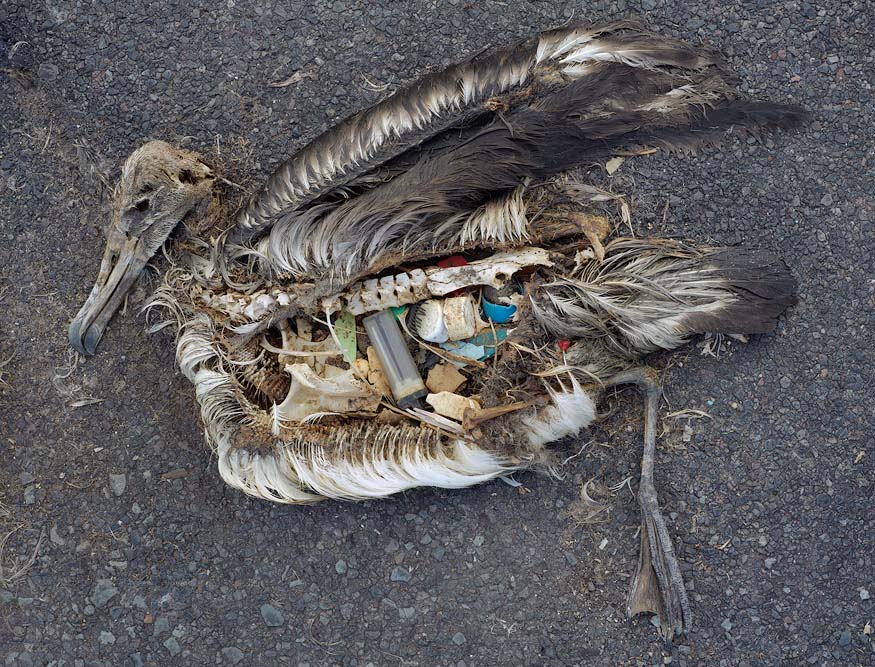
That initial revulsion is one of the emotions we attempted to generate with Plastic Century, an interactive exhibit at the California Academy of Sciences. The exhibit was launched last Thursday at the Academy as part of a series of events surrounding World Oceans Day and the 100th birthday celebrations of Jacques Cousteau. It returns tonight—June 10.
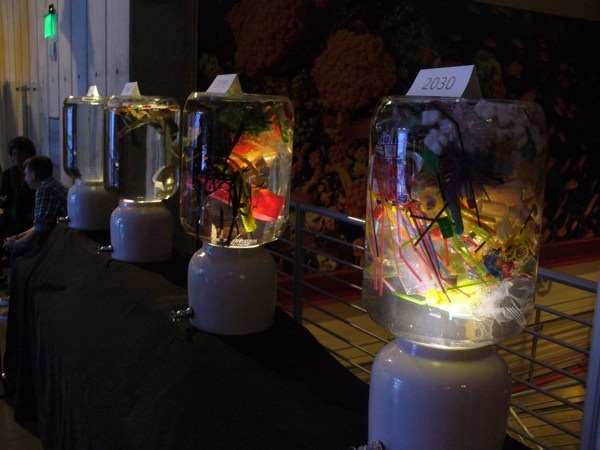
Plastic Century consists of four large water coolers, filled
with plastic debris representing the total amount of plastic produced and
existing on Earth at four different points in time: the birth of Jacques
Cousteau (1910), at 1960, at the present, and forecast out to 2030. The exhibit was designed and created by myself, artist-producer Sarah Kornfeld, marine scientist Dr. Wallace "J" Nichols, and fellow futurist-provocateur Stuart Candy, as well as a dedicated team of supporters and volunteers.
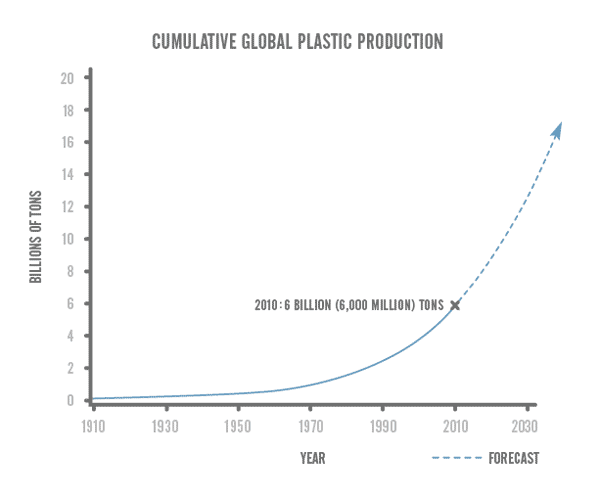
Our goals for the project were three-fold. First, we wanted to
show, in a compelling way, the exponential growth of plastic production over
the last 100 years, and project the levels into the future if no interventions
are taken. Second, we wanted to demonstrate that water, pollution, and humans are intimately connected; plastic doesn’t go “away.” And third, we sought to trigger the "wisdom of repugnance" and install a level of disgust
that will stick with people beyond the initial experience.
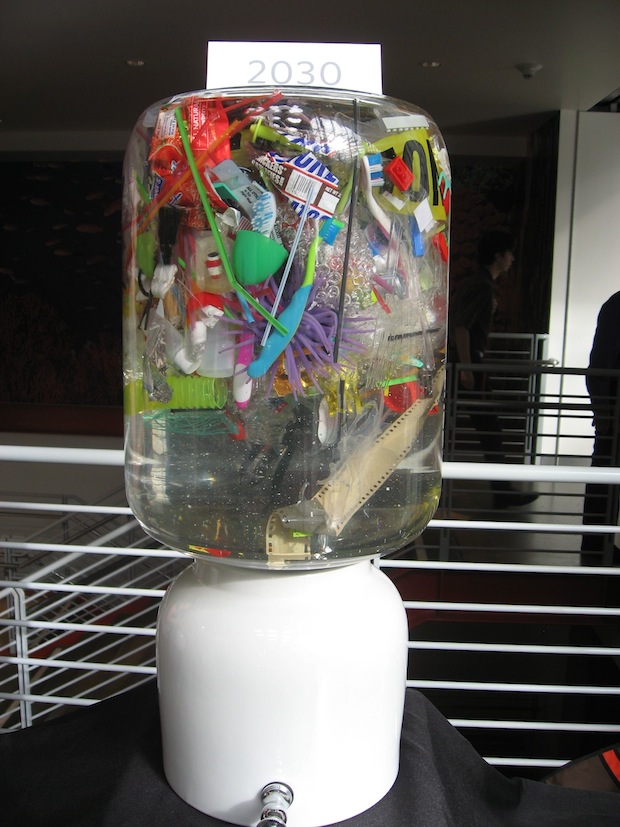
And this is where we wade into murky philosophical waters. In
1997, bioconservative Leon Kass wrote a polemic against cloning for The New Republic, introducing his argument for the “Wisdom of Repugnance.” This is an approach to ethics and policy that gives weight, if not primacy, to the trans (or meta) rational feelings of disgust, violation, and horror that some associate with genetic engineering, cloning, and other taboo human
activities. “Repugnance is the emotional expression of deep wisdom, beyond reason’s power fully to articulate it.” Kass argues, and poetically adds, “Shallow are the souls that have forgotten how to shudder.”
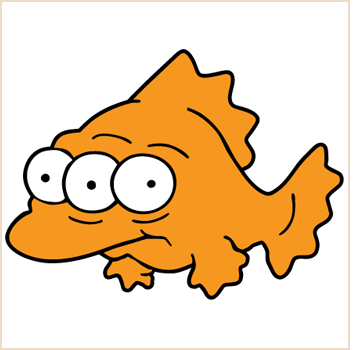
This ethical approach, in the manner that Kass employs it, is itself
rather shallow, ideologically driven, and highly limited for any serious policy
discussion. However, there ARE uses to disgust, repugnance, and the “yuck
factor,” and Plastic Century is one of those. If we eschew any implied connection to essentialism, universals, or naïve naturalism, the “wisdom of repugnance” can be redeemed and put to good use. The disgust I felt when seeing millions of plastic bits washing up on Hawaiian beaches, or seeing turtles eating plastic bags, or dead albatross with stomachs full of discarded plastic motivated me to investigate the issues, learn about what was happening, and start to take action to change things. It is this feeling that comes above all else with the piece, because this feeling of strangeness, discovery, disgust, and delight is what we want, and what we want to remain with people as they walk out into the great big plastic world.
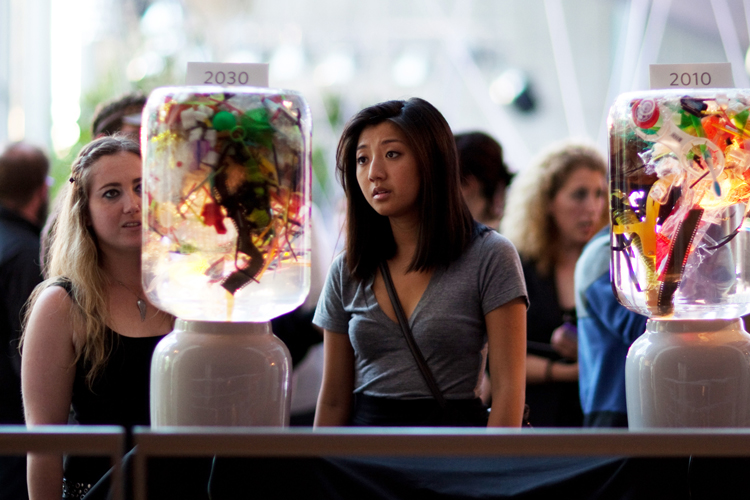
We are trying to recalibrate people's reality, but there is room for playfulness, ambiguity, and what we might call scientifically rigorous poetic license. Repugnance is a powerful string to pluck, and it should be done delicately and sparingly. But, if done right, it can have a tangible effect on how people see the world, and how they act.



